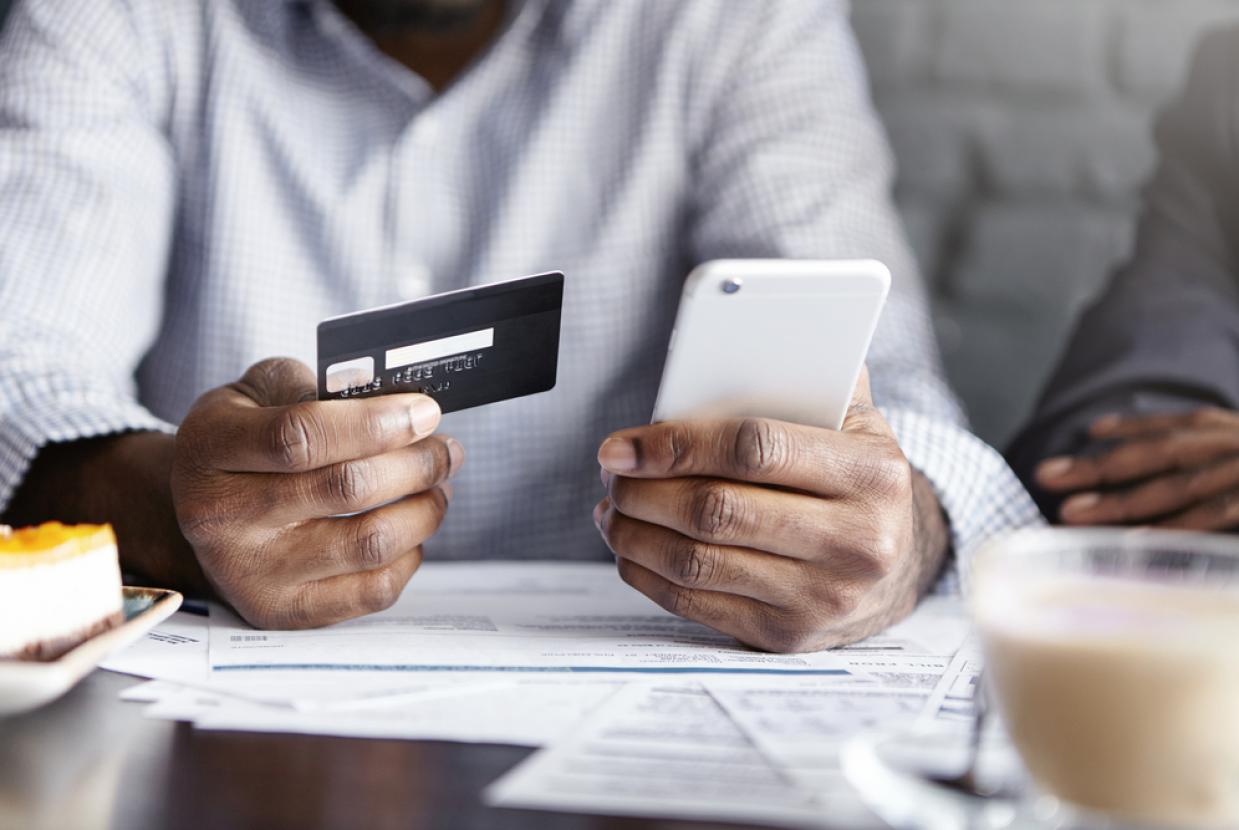The Best Ways to Pay Bills
Paying your bills on time is a tough, but essential skill to learn. If you don’t, you could fall behind with payments and that can leave you in debt, affect your credit rating and even risk you losing your home. Find out the best ways to pay bills and tips on what to do if you’re struggling to keep up and pay on time.
How to pay bills on time
It can be difficult to manage bills, especially if they’re starting to pile up. That’s why we’ve pulled together a few tips to help you stay on top of your finances.
Get organised
Get a folder and keep your bills in it. If your bills are digital, put them in a file on your computer. Keep track of when they need to be paid. Need help managing your money? Try our free and easy to use Budget Planner.
Choose a payment method that suits you
Direct debit is usually the cheapest and easiest way to pay bills, but there are other options. Find out more below.
Check your bills regularly
This means you’ll spot any mistakes and will notice if your bills rise and fall. Pick a day each month and use a calendar or an app to make sure you don’t forget. You can check payments on your bank statements.
Don’t let your bills get on top of you
If you’re struggling to pay your bills, don’t ignore the problem, because it will only get worse. Read more about how to deal with arrears below.
Make sure you’re not paying too much
To find out how to cut hundreds of pounds off your bills, read our guide on How to save money on household bills.
Ways to pay your bills
Direct Debit
Paying by Direct Debit means your bills are paid on time, so you’ll avoid late-payment charges. Some companies offer discounts for customers who pay by Direct Debit. However, it can mean you lose control of the date the money leaves your account.
Pay online or phone banking
If you bank online or by phone, you can pay your bills directly. It’s quick and easy and you’re in control of exactly what you pay and when, but you have to remember to pay your bills in time. Other payment methods:
- By post - You can often send a cheque for the bill amount to the address provided by the business. Be aware it can take up to five days for them to process the cheque and receive the money from your account.
- Post Office - You can often pay a bill by cash or card at the Post Office. There can sometimes be a fee for using this service.
- Prepayment meter - Gas and electricity can be prepaid by topping up a key or a card, which goes into your gas or electricity meter. This is one of the most expensive ways to pay for energy and when you run out of credit, you’re out of energy.



